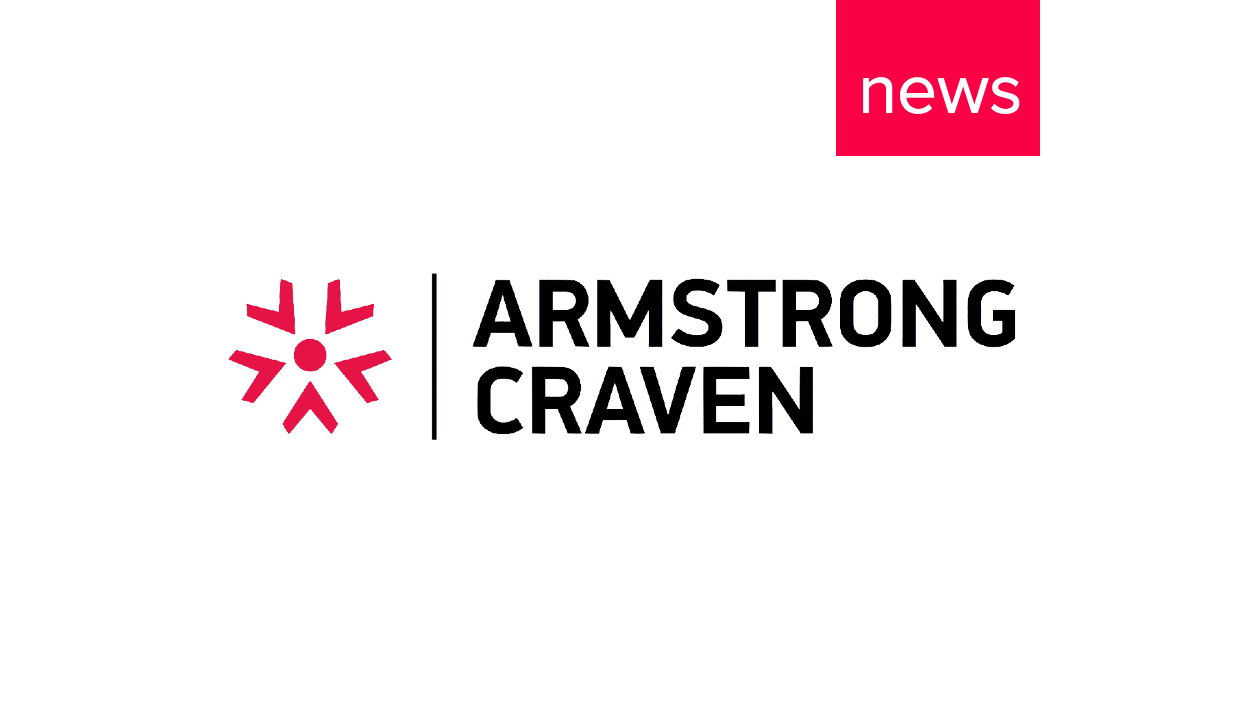
Leading talent research providers, WhiteCrow and Armstrong Craven are delighted to announce ...
See our latest insights and reports into our key industries

Leading talent research providers, WhiteCrow and Armstrong Craven are delighted to announce ...

The history of automation replacing human jobs is a narrative that spans centuries, shaped b...

Last year’s sweeping tech layoffs were justified by economic pressures. The new wave o...


 10 minutes
10 minutes
 30 minutes
30 minutes
 5 minutes
5 minutes
 4 minutes
4 minutes

Leading talent research providers, WhiteCrow and Armstrong Craven are delighted to announce ...